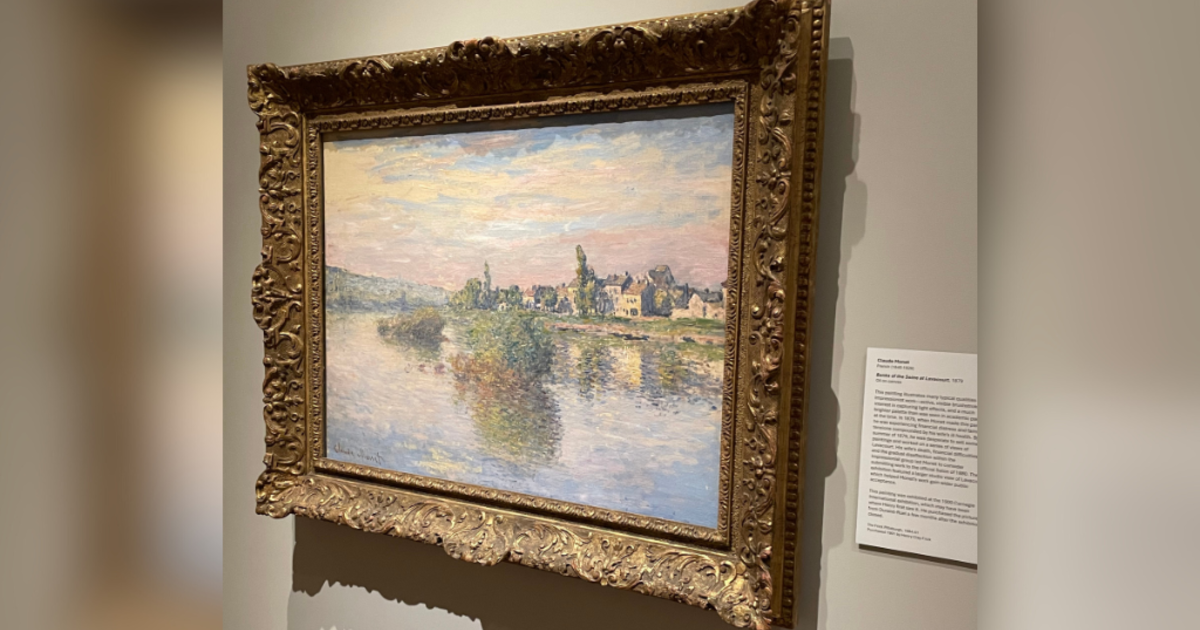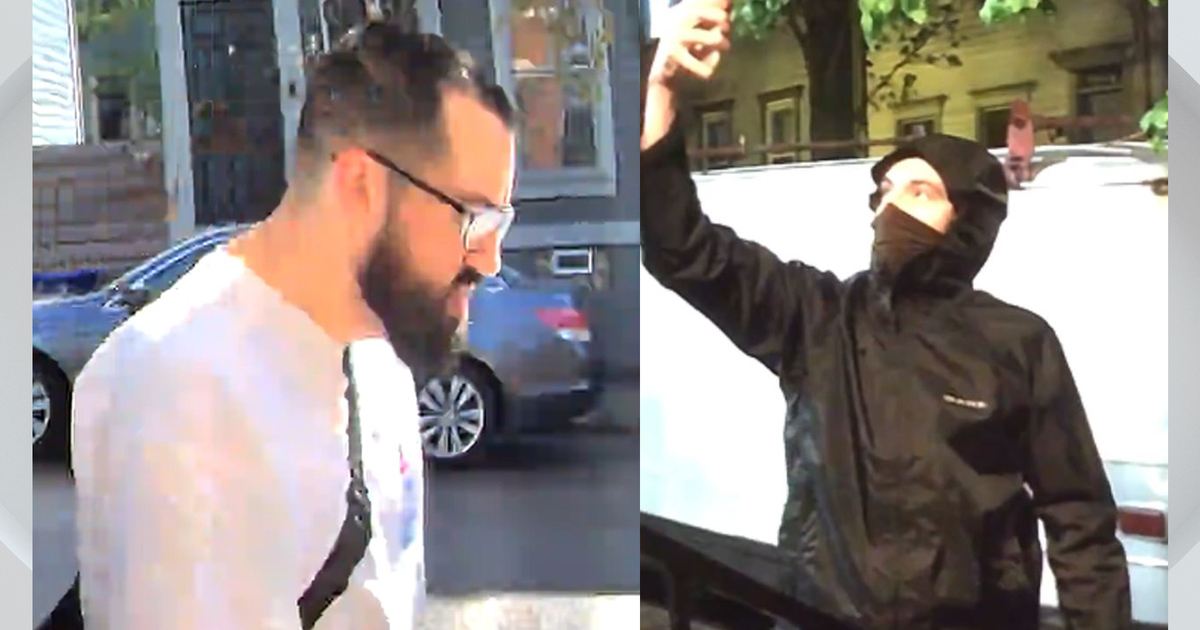'Nobody Was Ready For This': The New Age of Telemedicine Leaves Some Behind
PITTSBURGH (KDKA) - Virtual doctor visits have become the new norm for some people who want to avoid a trip to the doctor's office.
But in the new age of telemedicine, some people are being left behind.
"Nobody was ready for this. From a provider standpoint, from a patient standpoint," says Allegheny Health Network Family Medicine Dr. Sunjay Mannan.
Ready or not, virtual online visits with the doctor are here. And since the beginning of the pandemic, they have grown into a steady stream.
"It's definitely taken off," says Dr. Mannan, "Seeing anywhere between 4 and 6 patients in an afternoon."
"It was nice to be able to see people and talk to them. I think they felt it was reassuring," says Dr. Mario Fatigati, St. Clair Hospital Internal Medicine.
Patients love the convenience.
"I have patients calling me from the driving range, they call me from the grocery stores in their cars before they go in," Dr. Mannan says.
But it doesn't work well for everyone, especially people who might need healthcare the most.
A study in the Journal of the American Medical Association Internal Medicine says one in every four people on Medicare is not equipped to do a telemedicine visit.
Some of the issues surround technology.
"Particularly elderly patients that don't have a smart phone or don't have Wi-Fi," Dr. Fatigati says.
In those cases, the patients' children or home nursing agencies have helped.
"They say, 'hey, we'll go, we'll take the vitals, and we'll be there with our cell phone,'" says Dr. Mannan. "This has dramatically improved care in skilled nursing facilities, personal care homes."
The doctors say they can monitor patients more often and more regularly with a video visit without the patient having to come to the office every week.
"When it comes to technology, the interesting thing is somebody knows somebody, as far as, 'hey, I have a friend with an iPhone,'" Dr. Mannan points out.
Some of the struggle can be physical -- trouble seeing, or speaking, or other problems.
"Particularly in elderly patients, hearing issues are very common, memory issues very common," says Dr. Fatigati.
Having a program that can automatically generate text of the conversation or involving someone on a video call who can do sign language could help some people. Sometimes, a good old fashion phone call is the way to go.
Of course, there are boundaries.
"I can't listen to the lungs. There are things I can't do on a video conference that limits my ability to really help you," Dr. Fatigati says, "If you're in my office, I can get a blood test, whereas if you're at home, I need to figure out how to get you where you need to be."
And some people still prefer to come into the office. But virtual visits aren't going away.
"I think it's here to stay," says Dr. Mannan.
"I think we need to continue to improve it and push it forward because it is part of the future of medicine," says Dr. Fatigati.
One in three patients will now see these doctors this way.



